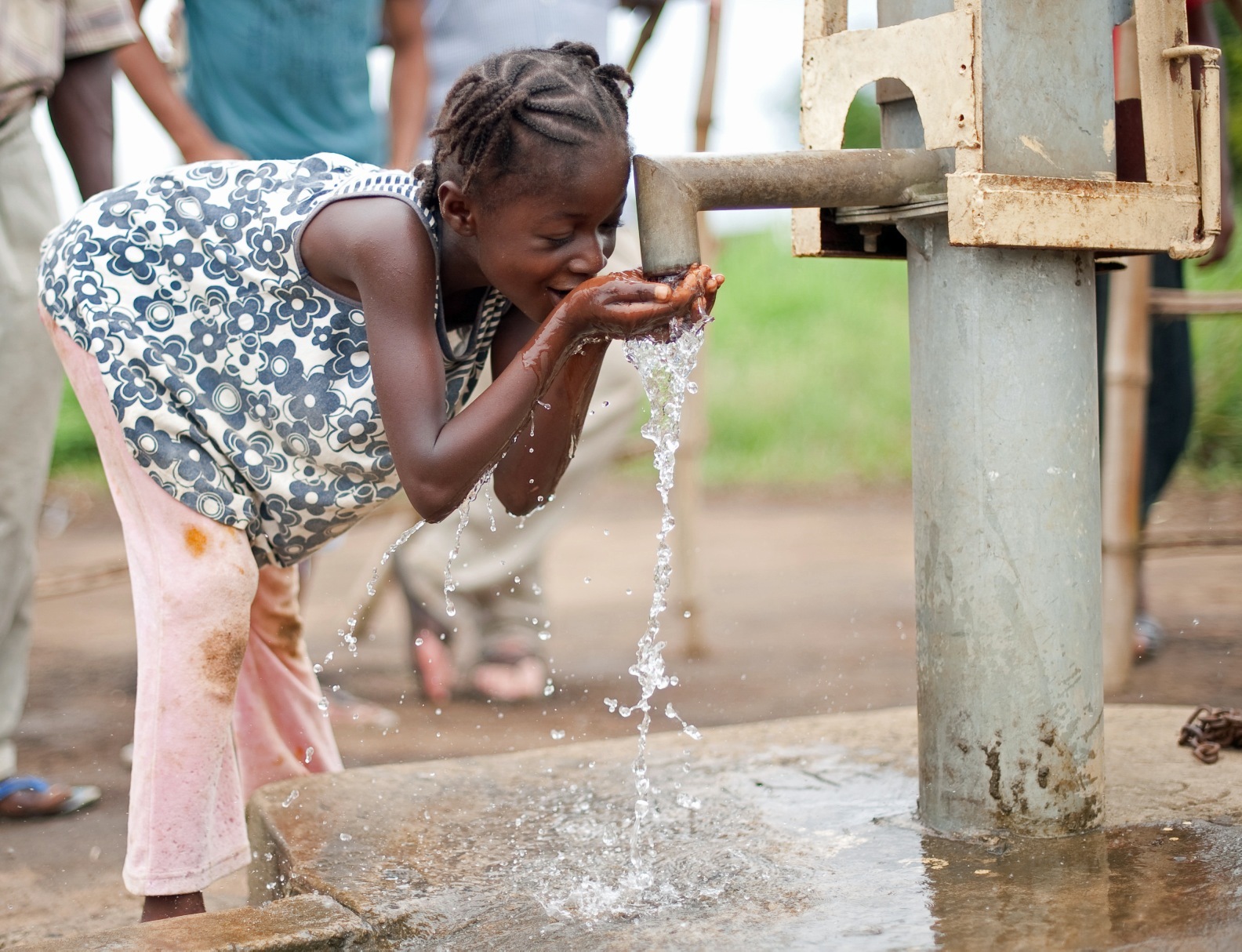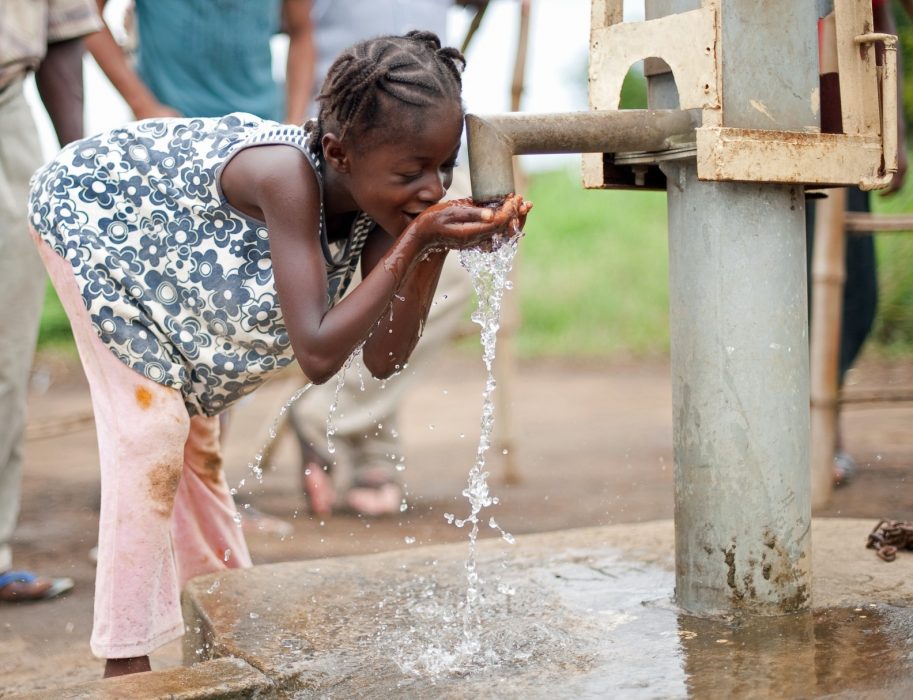 A young African girl drinks from a well drilled by Thunder Bay-based charity Lifewater. www.lifewater.ca
A young African girl drinks from a well drilled by Thunder Bay-based charity Lifewater. www.lifewater.ca
Today is World Water Day—a time to reflect on global water needs and challenges. Living at the head of the Great Lakes on the largest body of freshwater in the world, we are among the most fortunate people in the world. But, water is not to be taken for granted and, despite its apparent abundance, low well levels and flooding close to home brings to light local and global issues.
The fulfillment of basic human needs, the environment, socio-economic development and poverty reduction are all dependent on water. Cooperating around this precious resource is key for security, poverty eradication, social equity and gender equality. “Water is central to the well-being of people and the planet,” Secretary General Ban Ki-moon said in his video message for the International Year of Water Cooperation 2013. “We must work together to protect and carefully manage this fragile, finite resource.”
Every action involving water management and use requires effective cooperation between multiple actors, whether at the local or the international scale. In recognition of this reality, the United Nations General Assembly declared 2013 to be the International Year of Water Cooperation, following a proposal from a group of member states, led by Tajikistan. World Water Day, celebrated on March 22, is dedicated to the same theme this year.
Today, over 780 million people do not have access to improved sources of drinking water and 2.5 billion people are without improved sanitation. Population growth associated with changing consumption patterns, especially in cities, is driving an increase in water demand. Our lifestyles are more water-hungry. With the world population expected to grow from a little over 7 billion today to 8 billion by 2025, water withdrawals should increase by 50 percent in developing countries and by 18 percent in developed countries. Water for irrigation and food production constitutes one of the greatest pressures on freshwater resources.
An estimated 148 states share a basin with one or several countries, which is a potential source of conflict, as actions upstream have impacts on downstream countries. The Danube, for example, is shared by 19 countries, and the Nile River by 11. Water over-extraction, diversion, pollution, scarcity and the neglect of existing agreements are often at the roots of water tensions. “Governments must commit to finding inclusive and cooperative solutions to water challenges,” said Ms Irina Bokova in her messages on the occasion of World Water Day. “For this, we must take decisions that involve all relevant actors, from investors to users,” she continued. A new UN-Water analytical brief on water security released today on the occasion of World Water Day underlines that numerous examples from across the globe demonstrate that shared waters provide opportunities for cooperation across nations and support political dialogue on broader issues such as regional economic integration, environmental conservation, and sustainable development.















